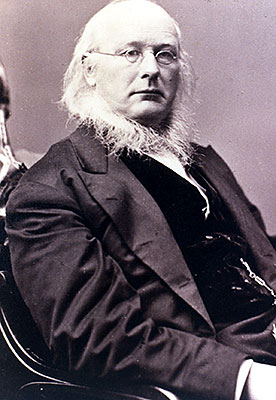
Juan Cole, the Middle East scholar and political commentator, wrote in his blog today an article entitled
"McChrystal Drama is Sideshow; Can Obama define a realistic Goal?" If you have been paying attention to Afghanistan policy, you can write a summary of the post from the title.
More interesting, in a way, and more appropriate for this blog,
is a long comment by someone called
hquain, which I will reproduce here:
Here’s a follow-up question: what would a “realistic set of goals” consist of? We can enumerate the possibilities easily enough ourselves… should any at all come to any mind.
I’d suggest that Afghanistan represents the typical situation in which global ‘goals’ are generated post hoc to cover for a complex dynamical process that is dominated by a multitude of contending forces and incentives, themselves often quite local in scope if not in impact.
The military — one of the actors now and no mere tool — has set up shop in Pentagonistan, a wealthy country all of its own that overlies the Afghan wretchedness, where new hardware and software is beta-tested in an endless live-fire exercise, where the officer corps gets its promotion-worthy combat cred, where McChrystal Pasha and his like inflate their theories of dominion and control, cushioned by inexhaustible billions. They don’t need goals; they have plentiful incentives to stay the course from week to week, month to month, year to year.
Other networks of advantage, real and imagined, can surely be discerned in the worlds inhabited by each of the parties to the situation, starting with simple inertia (change itself being costly) and branching out in many directions, at many scales.
The question, then, is what the use would be of declaring a set of goals, even ‘realistic’ ones, should they exist. Perhaps they could serve temporarily as a force in the local calculus, pushing us to get out sooner rather than later; but we shouldn’t think of the situation as one controlled by long-term goals, so that all we have to do is pick the right ones to control it.
Hquain here talks about American foreign policy, and American occupation of Afghanistan, in the politics of this particular war in the way I might talk about a distant empire of the past. Say, perhaps, the ancient Persian empire that Alexander conquered and swallowed. The writer reminds us of a number of things here, that wars and imperialism are complicated phenomena,
and that anything really important is not accomplished by large groups motivated by monomaniacal collective goals, but by individuals and relatively small groups motivated by their own particular interests, whether mystical and apocalyptic or more down-to-earth, like worries about where the next meal is coming from. The reference to Pentagonistan not only reminds us that there is not a single American policy or set of interests in the Middle East, but many. It specifically reminds me of something I read years ago and incorporated into many lectures. Namely, that the Spanish army of Flanders, which in the 16th century was put together to crush the Dutch revolt and was also aimed at one point at the conquest of England (think Armada 1588), had more troops and a larger "national debt" than just about any polity in Europe at the time.
This makes me wonder how CENTCOM, the American Middle Eastern command based in Tampa Florida, compares in size to the other national capitals of the world. Where would it be rated by number of personnel employed? CENTCOM surely is more important, better armed and better financed than any central American country (not including Mexico, which should be counted as North American).
When world events of the present are happening to people like you and your neighbors, it is difficult to take a detached view. If people talk consistently like America or Canada or other countries are individuals with single, rationally calculated wills, we start thinking that there is a single Canada or America or Honduras.
Once we break free from that illusion, however, we may realize that there is a Pentagonistan, one hardly restricted to the boundaries of Afghanistan, whose relationship to the United States of America and its government cannot be understood simply by looking at the Constitution of the United States or the organization table showing the formal relationship of the various generals, admirals, joint chiefs, presidents, cabinets, and members of Congress.
That was quite a thought-provoking comment, hquain and not a single egregious insult in it. Go forth, reader, and do likewise.
Image: what is the name of this country? Where are its boundaries?
